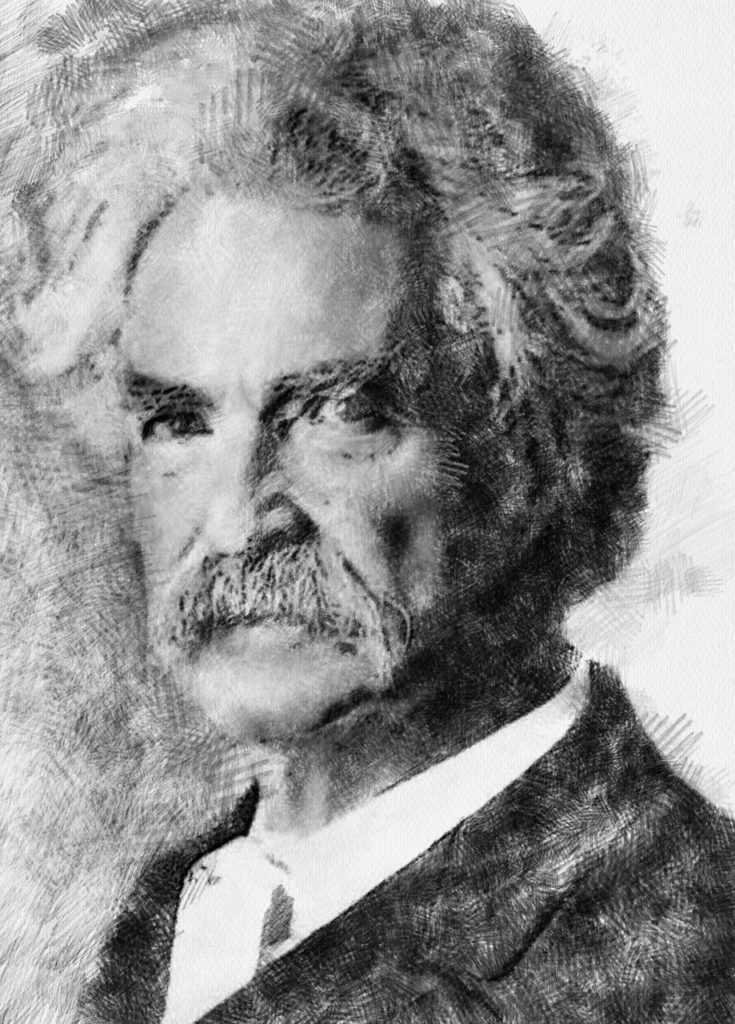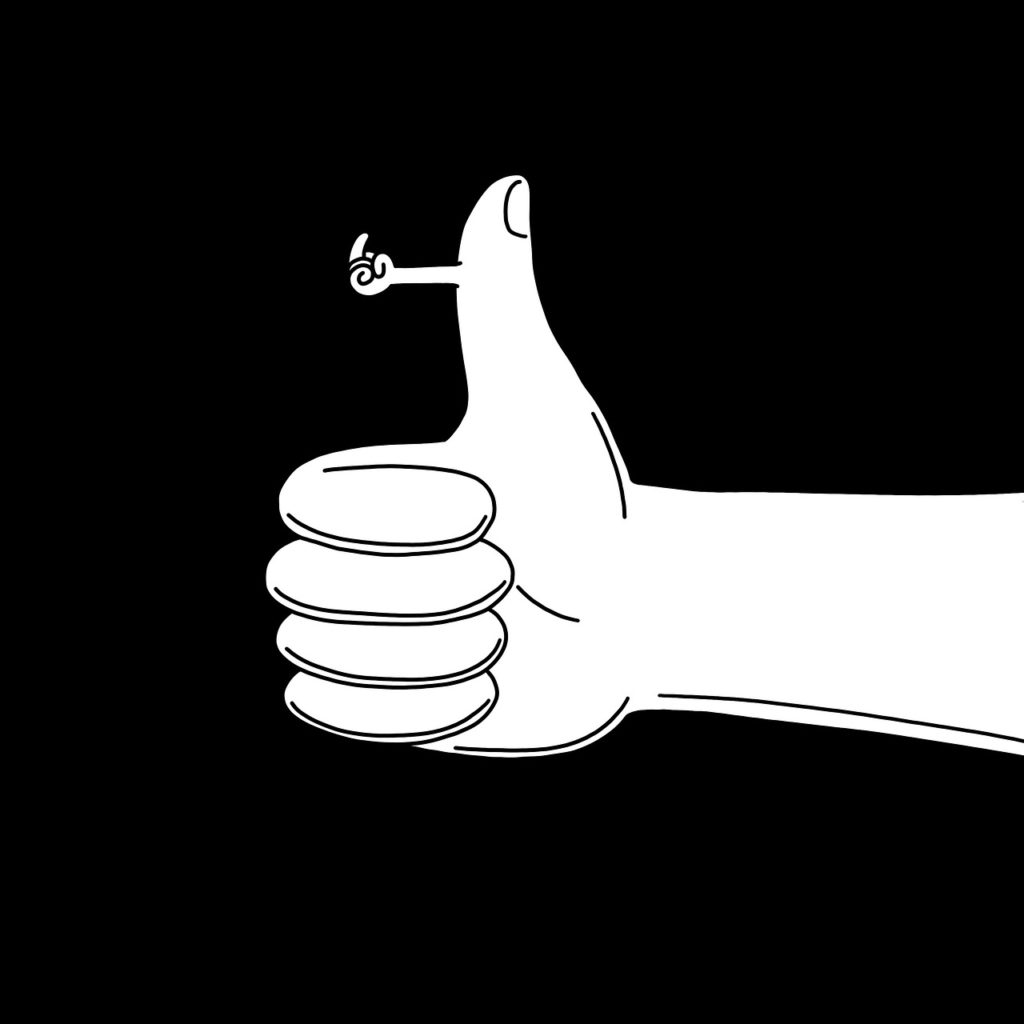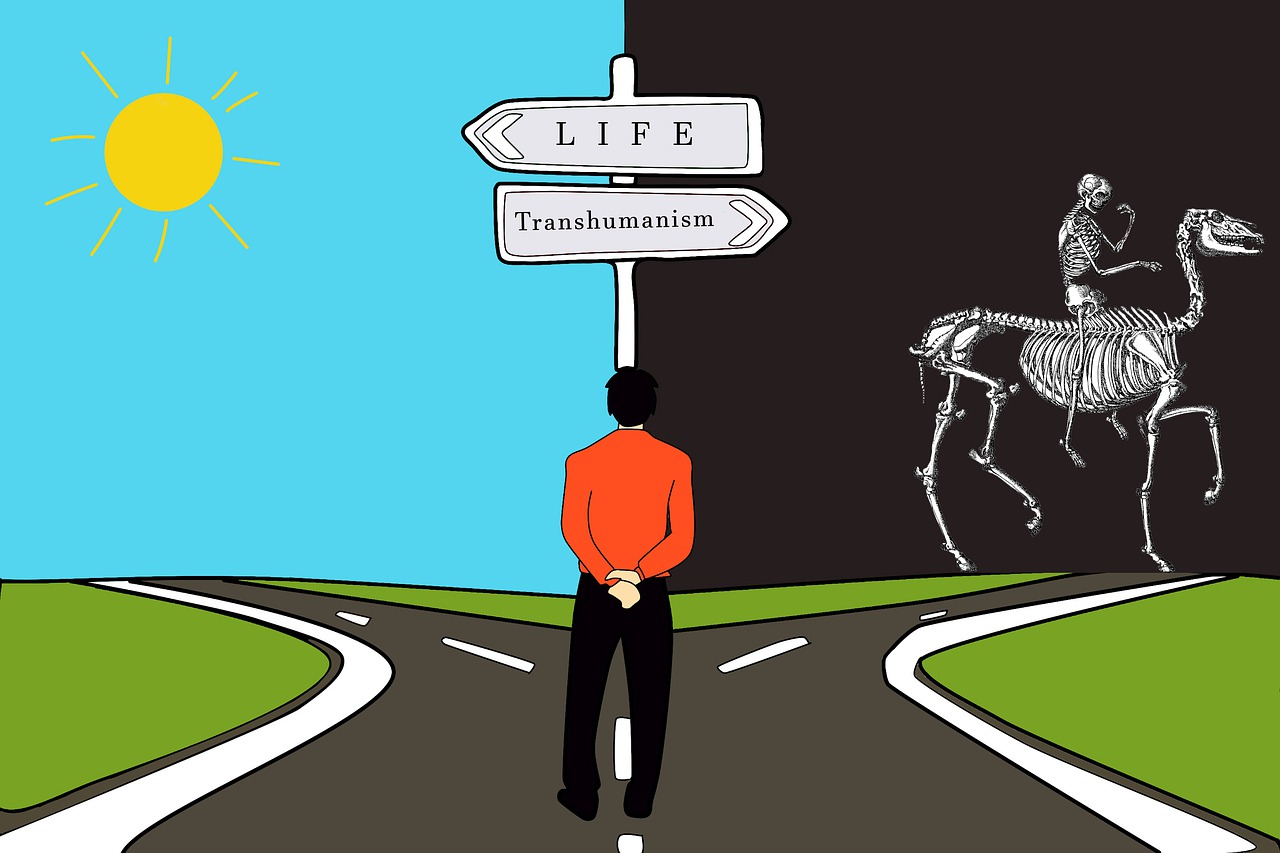VALUE OF EMPOWERMENT
Research indicates a link between empowerment and productivity (Kim 2012). There exist real organisational and efficiency benefits of implementing policies that empower workers (Asgarsani 2013). Empowerment has been positively linked to job satisfaction and performance in general (Hechanova 2006). Empowerment also has a dampening effect on burnout experienced while conserving job satisfaction in spite of the work overload (Andrews 2014). This means that empowered workers are less susceptible to burnout.
The only advantages to the current corporate arrangement belong with the owners, the stockholders. How are all the people within those organisations not slaves to stockholders and corporate intentions? Then how is freedom to be defined? Upon privileges? Thomas Jefferson was very kind to his slaves, according to all records. He encouraged them to read, write, create art, and manage their own money based on an allowance. Were they not slaves because they had such extravagant privileges? Are people who work for corporations any less slaves because they are permitted to select their own food or in which homes to live?


COST OF DISEMPOWERMENT
Corporations turn into acquisition machines and why would they not be such? The business of a corporation is never the same as the people who work for it, but to keep all those people beholden. Every corporation can be seen as being in competition with every single other one, in the business of managing people, cubicles, offices, and dental plans. This is league competition, though, and not real. The people that are managed, no matter how many privileges they are granted, are farmed by the system.
By default, the system extracts wealth out of the economy through the scheme of false growth, where all production value ends up in the future pockets of the wealthiest banks, largely through inflation. Inflation, or printing of money, is a silent tax through currency devaluation, which steals out assets from under people.
This “growth” stems from proceeds of the theft being spent before the dupes have a chance to report it, which has simply been turned into a never occurrence by law. It is adding to a stack of mud by shovelling out the mud from underneath, until the mud tower eventually dries out and crumbles. This setting of economics has effectively turned whole nations into sieves, funnelling any and all value to very small networks of individuals. By a complex system of banking and regulation practices, they are able to assure who take up the rear as billionaires, e.g., industry managers and political tyrants.
This is all very nepotistic, with loan forgiveness built into the very foundation. There are hidden procedures of distributions here that effectively hide the actual management of economies, through legislation, regulation, corrupt loan practices, and mergers. Effectively, they do steal from everyone and give it to friends and family for free. Now with artificial intelligence and decades of data, they expertly ride the inflation waves and the system has never been riper for coordinated procedures. Since the advent of artificial intelligence, in fact, there have been dramatic increases in propaganda, market chicanery, voting manipulation, and policy capture, which I do not believe are coincidences. It is further disheartening for so much evidence to exist only to have it completely unaddressed and swept away as so much happenstance. Now 65 trillion dollars has gone missing and it is likely never be tracked down (Ritchie 2022). This is corruption on a scale that is incomprehensible to the average person. There is no winning against such forces head on, since all corporate powers are heavily centralised, so what can people do?
SUMMARY
For former slaves throughout civilisation, freedom was entwined with the notion of being empowered. This was the power to make decisions, important impactful ones to their lives, with as much access to information as possible. To be a slave was to be considered incapable of making good decisions, and therefore incapable of freedom. Such a person was considered a slave of their master, but also a slave to their own whims or base predilections and unfit to be trusted for building civilisation. Many slaveholders would go out of their way to assure that their slaves stayed ignorant and obsessed in sin.
Increasingly, as society corrupts, the definitions of what builds up society and what decisions are good become less clear. This relativity too is on purpose, of course, as academically funded year after year through “foundations.” A plurality of notions of “good” mean workers are less cohesive and more argumentative, which make them not as able to organise against the corporations. Fools and traitors sit in offices of power, with the fools told they must go along with the corporate antics because of various impending emergencies. These doom politics procedures are obviously terroristic in nature.
The purpose of this series of articles is to explore the advantages of an empowered workforce. Nations benefit from an economic model of cooperative worker-ownership, through increased productivity, innovation, and flexibility in every aspect. Empowered workers are far more productive and able to overcome challenges. All this encourages local production through natural communities which is more sustainable and beneficial for everyone. Cooperatives do not stack and have less potential for overuse or misuse of resources. An economy of cooperatives is more self-policing, since the work is always where the people live, making it more difficult for big or small criminals to operate. They are more resistant to manipulation, as well, making them ideal for national security.
































